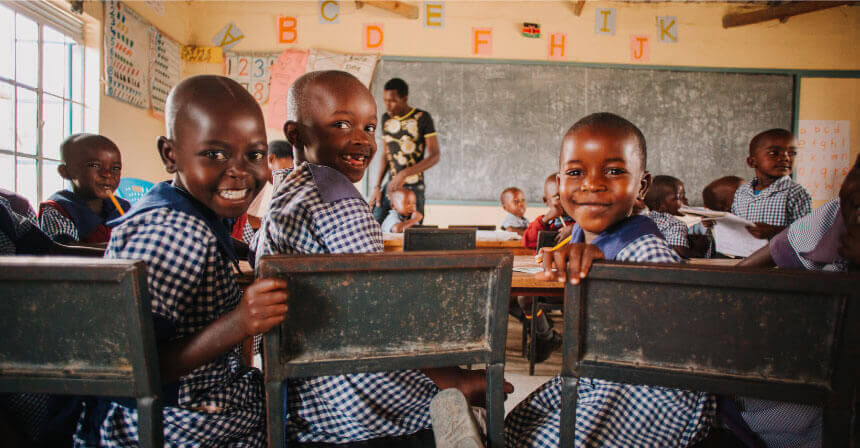Highlighted Projects
We are working in regions worldwide to support educators and other education leaders in building brighter futures for all children. With a global network spread across several continents, we work in locations around the world. CE International has a presence in 30 countries through our global network and ongoing projects.






